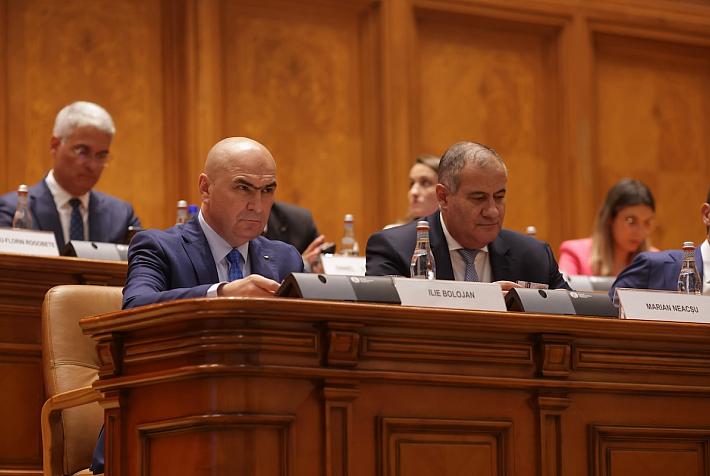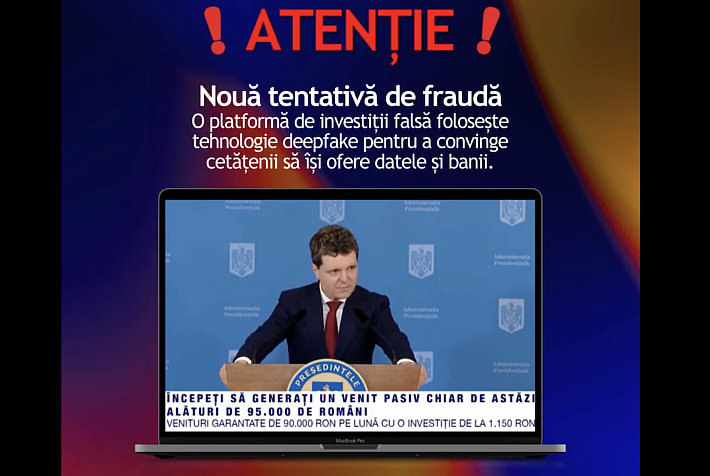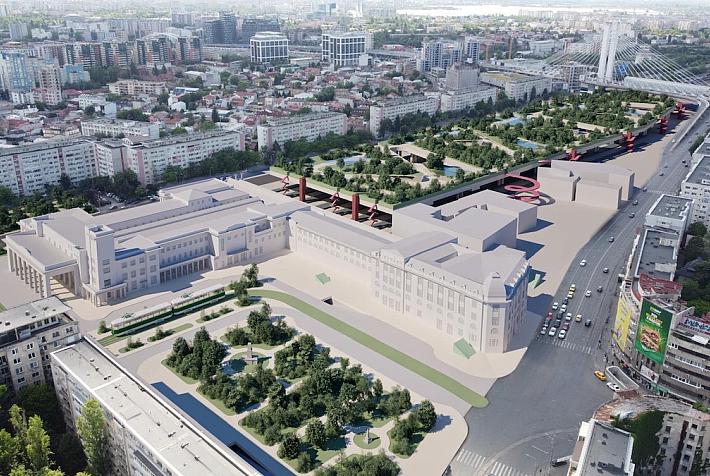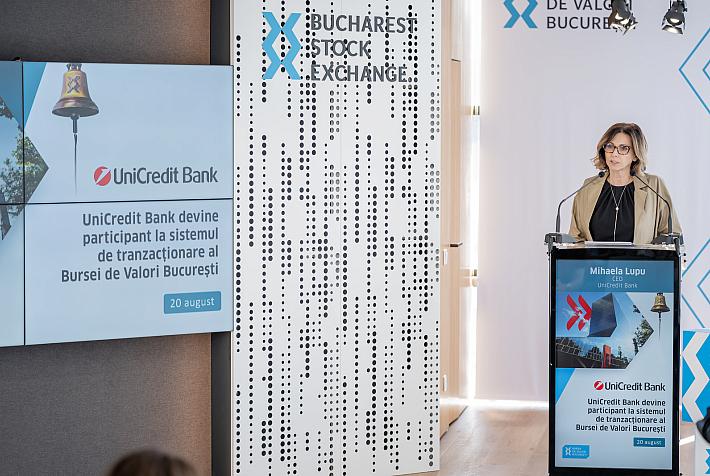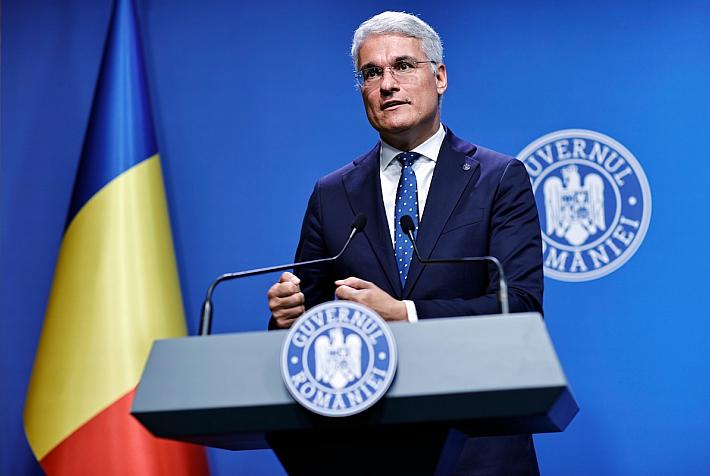Romania borrows EUR 48 mln from IBRD to reduce nutrient pollution

Romania will borrow EUR 48 million from the International Bank for Reconstruction and Development (IBRD) to finance a project on the integrated control of nutrient pollution.
Through this project, Romania wants to align with the EU Nitrates Directive on protecting water quality by preventing groundwater contamination.
The Government has approved on Wednesday the necessary papers for taking the loan, according to a statement by the Executive. The agreement could be signed in April.
The Environment Ministry will conduct the project which targets the integrated control of nutrient pollution of the soil. The project will include both investments at the local community level, to reduce this kind of contamination, and measures to strengthen the institutional capacity.
Within the local communities, the project includes the optimization of the animal and household waste management, the plantation of protection windbreaks against nutrient discharges, tree planting and afforestation, and sewage and waste water treatment.
When it comes to strengthening the institutional capacity, the Romanian Waters National Administration (ANAR) will receive support for monitoring and reporting to the Environment Ministry the data related to the quality of surface and underground waters.
The Environment Ministry will implement the project over a period of six years, the last tranche of the loan becoming available in March 2022.
In December 1991, the Council of the European Communities adopted the Nitrates Directive, a document that had a significant impact on how agriculture in practiced in Europe. The adoption of the Directive started from the idea that nitrates from agricultural sources are the primary cause of pollution from diffuse sources, affecting the water. The Romanian Environment Ministry is currently implementing the first phase of the integrated nutrient pollution control project, financed by an EUR 50 million loan from IBRD, which was accompanied by a USD 5.5 million non-refundable financial assistance from the Global Environmental Fund.
Romania’s Govt. wants additional IBRD financing to reduce nutrient pollution
Industrial pollution generates up to EUR 80 bln costs in Romania
Irina Popescu, irina.popescu@romania-insider.com






